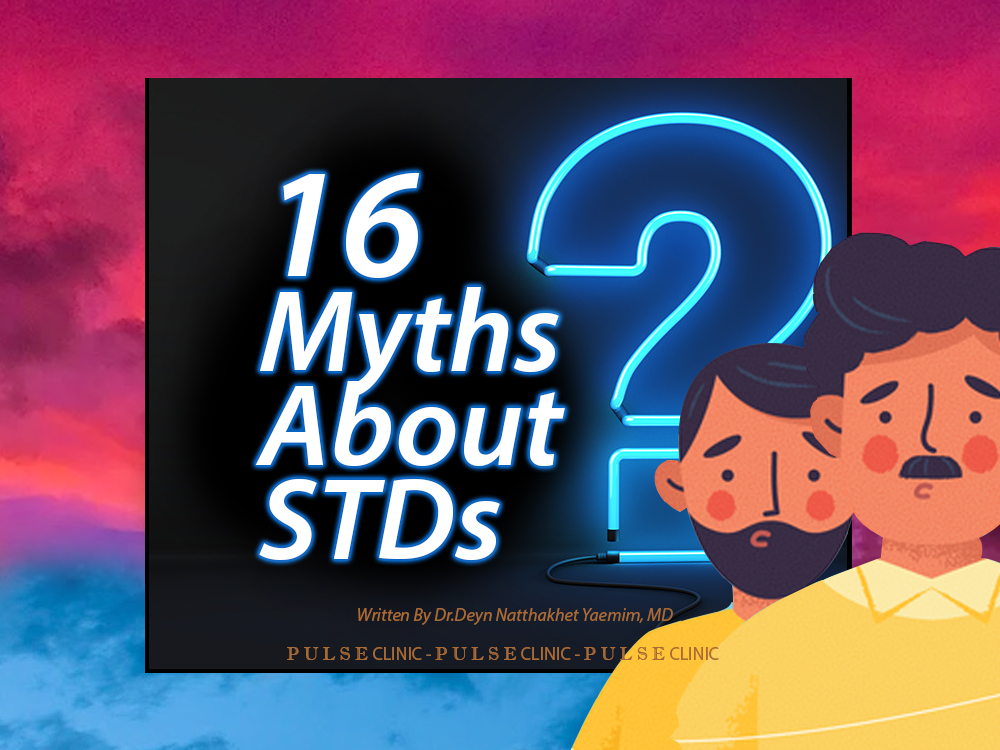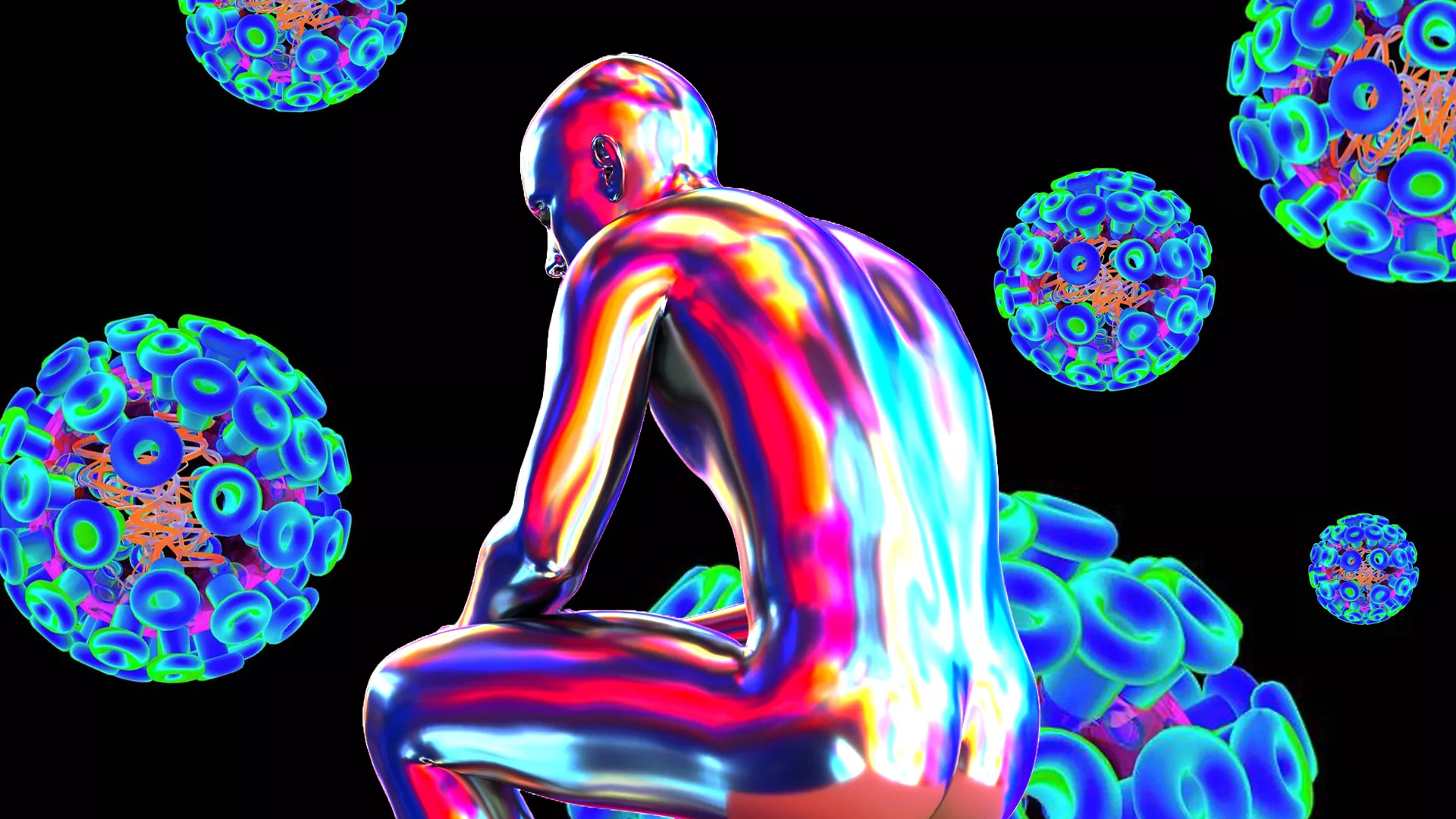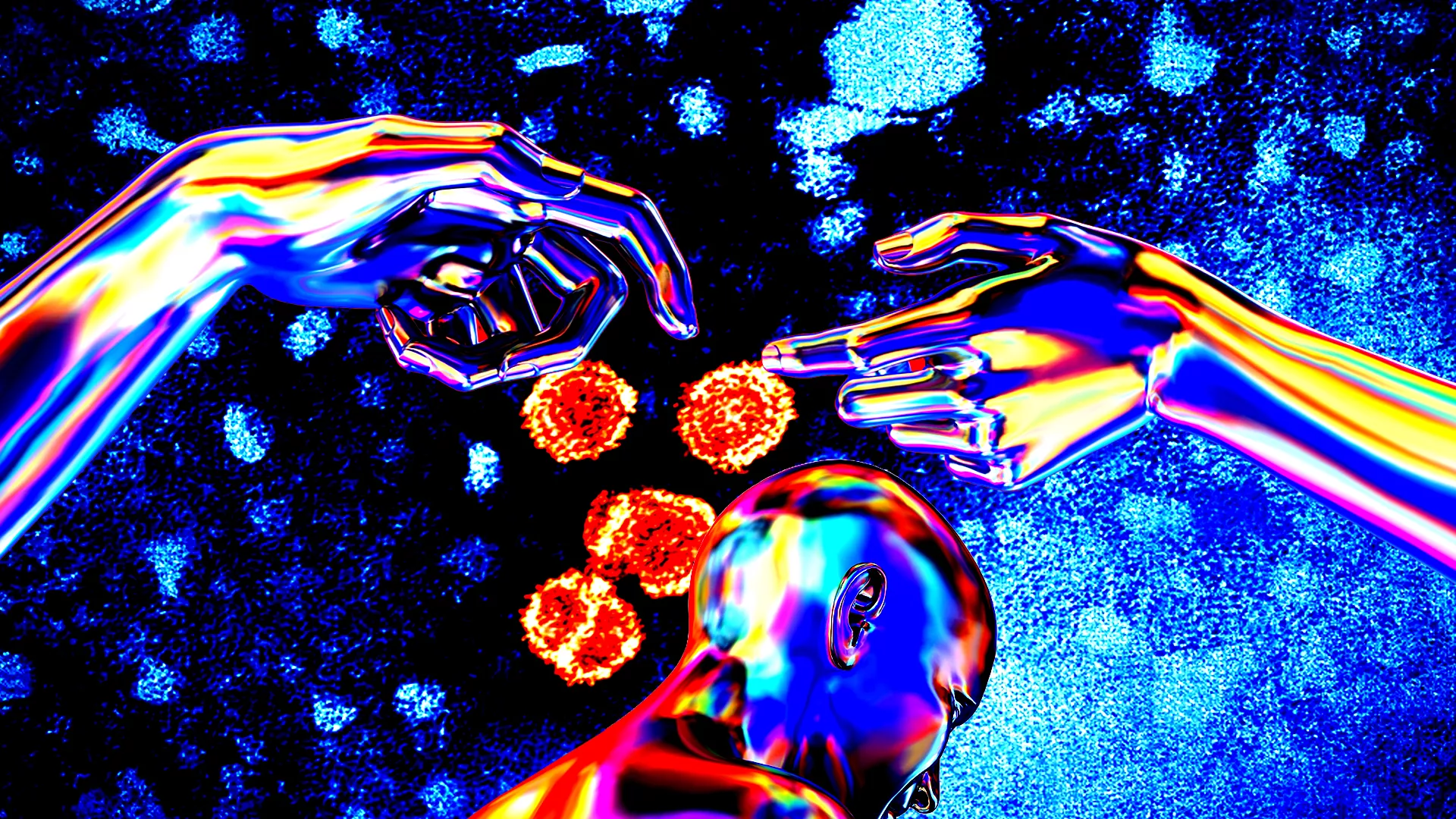16 Myths About STDs
19321
BUST THE MYTHS & LEARN THE TRUTH ABOUT STDs

Myth: STIs transmitted through sharing of food, utensils?
Fact: NO!
STIs cannot be transmitted through sharing of food, eating utensils, toilet seats or swimming pools. The organisms causing STIs usually cannot survive outside the human body.
Myth: You can catch STDs from a toilet.
Myth: Only “trashy” people get STDs.
Fact: STDs don't discriminate.
Rich people get STDs. Poor people get them. Athletes get them. Math geeks get them. CEOs and professors get them. Even someone having sex for the first time can get an STD. The only people who have no risk of getting an STD are people who haven’t had sex or any kind of physical contact.
If you decide to have sex, always use a condom every time. Even if you’re already on another kind of birth control or HIV prevention (PrEP), you should still use a condom because condoms are the only type of birth control that reduces the risk of getting an STD.
Myth: Can STIs be contracted through kissing?
Fact: Yes!
Dry kissing is generally safe. Some STIs can be transmitted through deep, wet kissing. Syphilis, gonorrhoea, chlamydia and herpes may be present on the lips or in the mouth/throat of infected persons. However, STIs are not commonly transmitted through kissing.
Myth: If your partner has an STD, you’ll see it.
Fact: Most STDs often show no sign and symptoms.
Even doctors sometiems can’t tell by looking if people have STDs. So we need to do tests, like bloodwork. People with STDs might not know they have them: STDs don’t always cause symptoms it's called asymptomatic infection. But it is possible to carry and spread the virus without ever having an outbreak. Untreated STDs can add up to serious health problems, like infertility (the inability to have a baby) or pelvic inflammatory disease (PID), which may land you in the hospital.
What to do? Even if you and your partner both think you’re STD free, get checked out before having sex. Then use a condom every time, just to be sure. It can take a while for some STDs to show up on tests.
Myth: Can a person be infected with more than one STI?
Fact: Yes!
Yes, this is possible and not uncommon. This is why it is always important to be tested for other STIs if you have already been diagnosed with one.
Myth: You can avoid STDs by having oral or anal sex.
Fact: Where there’s sex (oral, anal, vaginal, or even just sexual contact), there can be STDs.
The viruses or bacteria that cause STDs can enter the body through tiny cuts or tears in the mouth and anus, as well as the genitals. Some STDs, like herpes or genital warts, can spread just through skin-to-skin contact with an infected area or sore
Myth: Once you’ve had an STD, there’s no chance of getting it again.
Fact: You can get some STDs more than just once.
Some STDs are yours for life, like herpes and HIV. Others, like chlamydia and gonorrhea, can be treated, but you may get infected again if you have sexual contact with someone who has them.
What to do? Protect yourself with condoms, of course! And if you’re having sex, let your doctor know so you can get tested regularly. If you do get diagnosed with an STD, your partner should be treated at the same time you are. That way your partner will avoid future problems — and avoid reinfecting you.
Myth: Once you’ve been treated, you’re immune to the disease.
Fact: NO!
STDs don’t work that way. Although you’ve been treated, you can still get the infection again
Trust PULSE CLINIC to take care of your health like other 45000 people from over 130 countries. We provide discreet professional service with high privacy. Here to help, not to judge.
Myth: All forms of birth control prevent STD transmission.
Fact: NO!
Nope. Condoms are the only contraception that provides effective STD coverage says McDonald-Moseley. While there have been studies that suggest using a progesterone IUD could help, the evidence isn’t strong enough. So, regardless if you’re on the pill, vaginal ring, or even an IUD, always use condoms.
Myth: Condoms are 100% effective in preventing STD transmission.
Fact: NO!
Condoms will reduce your risk of catching an infection, but they’re not foolproof. There are areas of the skin that can get contacted with your partner that aren’t covered by a condom and the skin to skin contact could still put you at risk of genital warts, herpes, and HPV. But don’t freak out! Get tested and as long as your condom use is up to par, you should be good.
Myth: 2 Condoms are better than 1.
Fact: NO!
No, two condoms aren’t better than one. Using two rubbers applies more friction leading to breakage.
Myth: Can we inherit an STI from his or her parents, i.e. is it a genetic disease?
Fact: No, it is not genetics BUT....
STIs are acquired infections; they are not inherited. However, mothers with STIs can pass on their infection to the baby during pregnancy, delivery or breastfeeding. Early treatment of an infected pregnant mother can prevent infection in her baby.
Myth: Chlorine Kills STDs, Having sex in hot tub minimizes your STD risk.
Fact: NO!
Rumor has it that the chlorine in hot tubs can kill the bacteria, but that’s not the case. Having sex in a hot tub doesn’t change your risk of STDs but could put you at risk for other vaginal infections.
There's this misconception you can be intimate in a pool or hot tub and still be safe because the chlorine (and the hot water, in the case of a hot tub) will kill off the virus or bacteria behind an STD. This is not the case. Also important to note: latex condoms can break down in hot tubs.
Myth: You don’t need to worry about STDs because you’re in a relationship.
Fact: NO!
Maybe this is your first partner you’re engaging with sexually, but you don’t necessarily know their sexual history. We’re often hesitant to talk about sexual health, If you’re nervous about having this difficult conversation with your partner, talk to your health provider on how to approach the subject
Myth: You Can Only Get Herpes From Someone When They're Having an Outbreak.
Fact: NO!
Herpes can be dormant for weeks without an outbreak, and a person can still pass it along to you. They might not even know they've been infected. Just because you can't see it doesn't mean it's not there — and contagious.
Trust PULSE CLINIC to take care of your health like other 45000 people from over 130 countries. We provide discreet professional service with high privacy. Here to help, not to judge.





